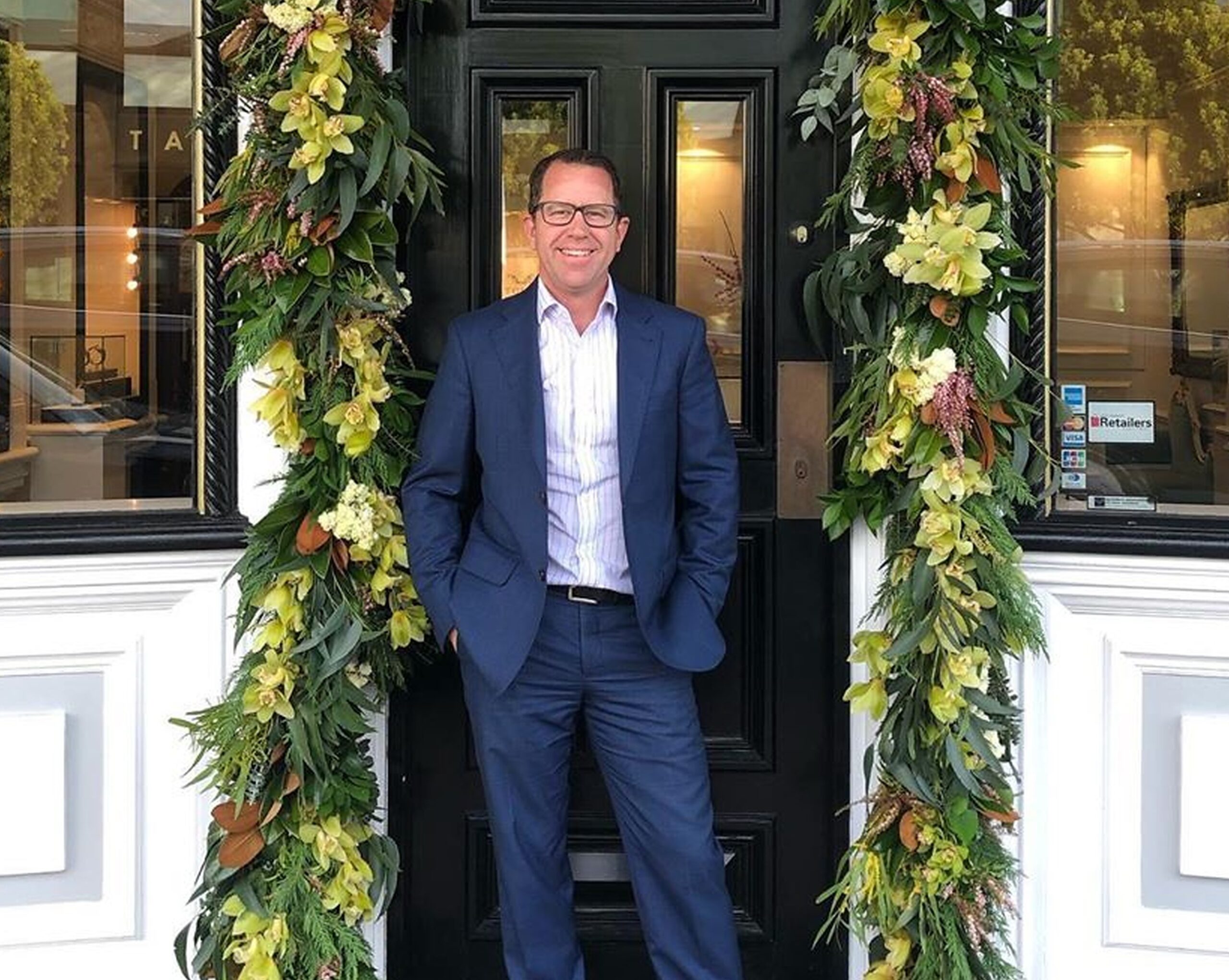Tourism’s high achiever
Seven years after launching, eco-adventure tourism business Rotorua Canopy Tours is flying high in popularity. Founder James Fitzgerald shares the milestones and lessons. For the thousands of Kiwis and tourists from […]
Seven years after launching, eco-adventure tourism business Rotorua Canopy Tours is flying high in popularity. Founder James Fitzgerald shares the milestones and lessons.
For the thousands of Kiwis and tourists from all over the globe who have experienced it, Rotorua Canopy Tours is a special place. It is educational, exhilarating, and it has a deeper purpose in its work to restore the flora and fauna and promote sustainability in what was originally regarded as 500 hectares of low priority conservation land.
For James Fitzgerald, who had a varied background in the tourism industry, the genesis for his eco-adventure business was the steady increase in demand for recreational activities by overseas travel agents, in the US especially, and securing a land concession from the Department of Conservation.
With the original building and design quote in excess of $2 million, James was going to need a hand. And he found that hand in the form of structural engineer and former university buddy Andrew Blackford.
Together they spent most weekends through the winter of 2011 deep in the forest finding a suitable route. Andrew subsequently became a co-director and shareholder and was responsible for the spectacular engineering that helps make Rotorua Canopy Tours such a unique attraction.
Its ziplines and tree-top walkways weave their way through a landscape that James describes as “lost in a time warp”.
However, to begin with it was a landscape ravaged by decades of possum and rat infestations, and so a key goal from day one was to restore the forest to its original state – in conjunction with building the tourism business. They have succeeded on both fronts way beyond their expectations, and eight years on the result is plain to see.
“The first couple of years you’d hardly see any birds at all,” recalls James. “But now the forest is filled with birdlife and our customers can hand-feed them – [both tom-tits and robins].”
Nowadays Rotorua Canopy Tours has around 35 to 65 people on the payroll, depending on the time of the year, and they are all stewards of the forest, he says.
“Our staff have a real purpose for coming to work, and the work definitely attracts conservation-minded people.”
The business has come a long way. The early days had an element of risk – with ticket prices deliberately targeting the premium market – and the pressure was on to master the basics of running a successful business.
In terms of marketing the tours, that has come a long way too – from knocking on campervan windows and offering pizza in exchange for trialling their original tour, to now experiencing sold-out tours and, in April 2019 alone, generating a 68 percent increase in bookings.
Customers now total around 40,000 a year and on a single busy summer’s day there can be up to 300 people experiencing the Original tour, or the newer ‘Ultimate tour’ which takes people deeper and higher into the forest.
Milestones and challenges
In it’s eight years, Rotorua Canopy Tours has clocked up many achievements – including being named the supreme winner of the NZ Tourism Awards in 2016.
There have been lessons too. James admits that he finds managing staff “mentally draining” at times and it’s all about learning through experience. He’s also aware of ensuring that there are solid succession plans in place for people with key skills.
As is common with many tourism businesses, there’s the challenge of maintaining sufficient cashflow through the off-season – in this case April to October. James describes it as a “balancing act” as to how many staff they can hold onto and how many they have to let go. When you’ve spent summer training people up, you certainly don’t want to then lose those skills, he says.
There has also been the issue of balancing business with family life. James came to the realisation that that the business was slowly consuming him – and that was impacting on his marriage and family time. So four years ago, prompted by his wife Erin, he made the decision to hire a general manager, move his home to Tauranga and commute back to Rotorua. He utilises the hour-long travel time to gain inspiration from various podcasts.
“No doubt like many other business owners I was losing perspective on what’s important and what’s not,” he explains. “The business was becoming all-consuming.
“The move to Tauranga forced me to trust others, and not to be three minutes away from work after a phone call on a Sunday afternoon.
“It was a bit of a struggle to work all that through – but there is a lot of freedom on the other side,” he admits.
Having a GM has also allowed James to hand over much of the responsibility of aligning new staff with company values and maintaining a team culture.
Lessons and looking ahead
Reflecting on his journey with Rotorua Canopy Tours, James believes the shift to Tauranga delivered the biggest lesson. “You need to give yourself plenty of space to focus on where your business is going and how you’re getting it there. Employ others to take care of the day-to-day stuff. Otherwise you will eventually burn out.
“Finding that space has transformed myself and the business.”
James says he understands completely how lonely it can be running a business. There’s no avoiding the weight and burden of responsibility of having people depending on you for their livelihood.
“The simple fact is that you shouldn’t be in business if you’re not enjoying it.”
Looking forward, James has been particularly surprised by the high level of uptake by local New Zealanders to their premium product, and there is the opportunity to develop this high quality personal experience even further. They’re planning to introduce new night-time and dawn experiences to the product mix.
As for the longer term, James remembers his grandfather’s words of wisdom about not being done with a business until you’ve successfully exited it. But for the 39-year-old, that’s still a distant prospect. There’s still a lot of work ahead to ensure this star of New Zealand’s tourism sector keeps on shining at the top.
Story by Glenn Baker, editor of NZBusiness.



